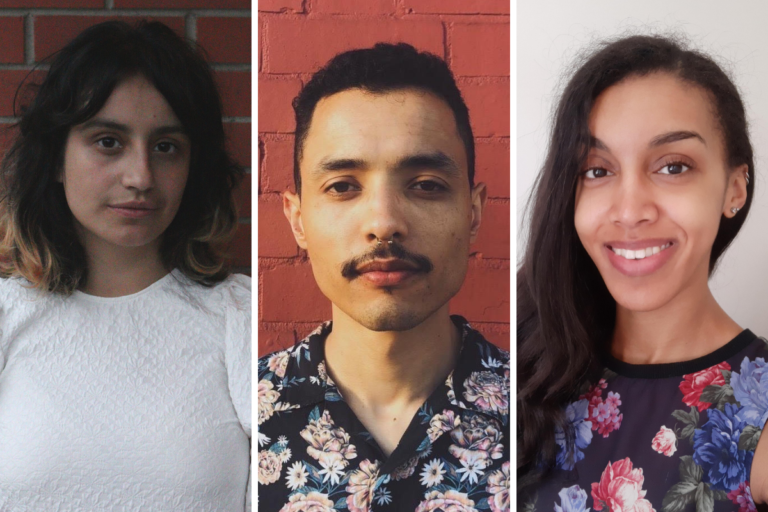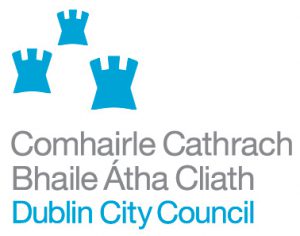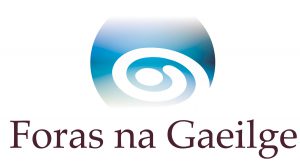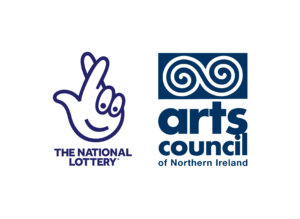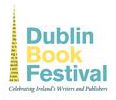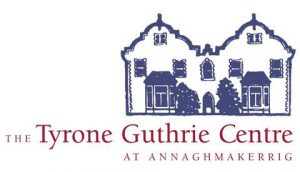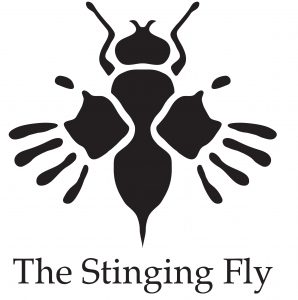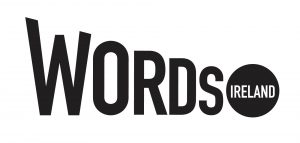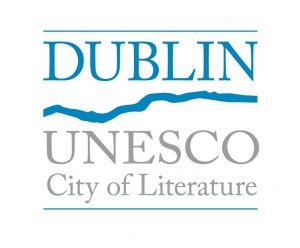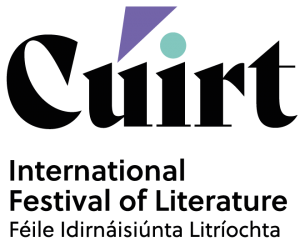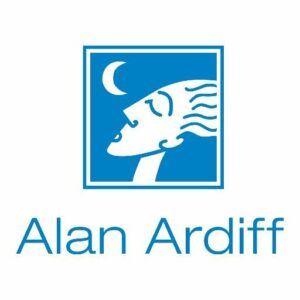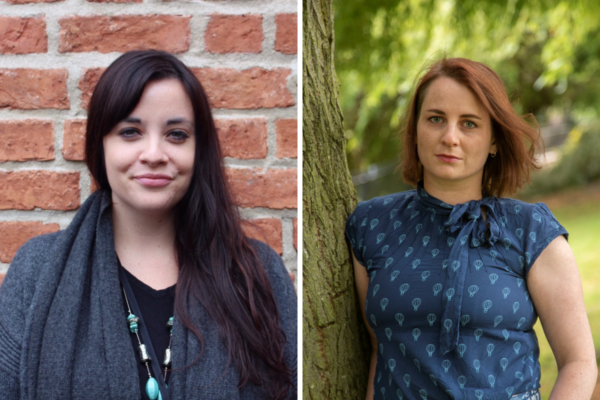
18 February, 2022
Evolution: An Interview with Sheila Armstrong and Maeve Galvin
Our Evolution Programme is currently ongoing with a suite of bespoke professional development supports for selected writers Arnold Thomas Fanning, Deirdre Cartmill, Kevin Curran, Maeve Galvin, Máire T. Robinson, Melatu-Uche Okorie, Michelle Gallen, Liz Quirke, Olivia Fitzsimons, Sheila Armstrong, Sue Divin and Helen Blackhurst.
Over the next few weeks, we will be sharing interviews with our Evolution writers with discussions on writing, professional development, and more. Last week, we interviewed Liz Quirke, Olivia Fitzsimons and Melatu-Uche Okorie, and this week we sat down with Sheila Armstrong and Maeve Galvin.
1. What type of writing do you specialise in? Fiction, poetry, memoir etc. OR Can you tell us a bit about what you’re working on at the moment?
Maeve: I write contemporary fiction. My work usually focuses on particular societies or groups of people and
how they function, how they change and how they don’t. I have a tendency to bring in slices of social
comedy or satire to highlight where I see absurdities or hypocrisies or both.
I’m working on two things in parallel at the moment. I’m trying to redraft my second novel after some
very helpful feedback on my manuscript from my evolution mentor (the wonderful, Neil Hegarty, more
on that below!). It follows the relationship of two Dubliners in their thirties but is told through multiple
viewpoints. It looks at class tensions, gender expectations and what’s changed and what hasn’t in
Ireland and whether 2022 Ireland is fit for purpose or not. I’m also a couple of chapters into my third
novel which shaping up to be a dark social satire about a group of friends gathering for a long weekend.
Sheila: I mostly write short stories. I love the sense of playfulness and experimentation that you can get
away with in a few thousand words. You can set up a little universe and watch it play itself out. I’m
currently working on a novel but I’m hoping to bring some of the same features to the longer form.
2. Who do you turn to edit your work?
Maeve: I have a few wonderful initial readers among friends, my partner and writing peers. However, when it comes to deep copy-editing, I’ve had good experience in working with professional copy-editors to catch the things you no longer see.
Sheila: I never want to send anything on to a publisher that I’m not happy with. I have experience as an
editor, but it’s impossible to edit your own work. I have a writing group that are so helpful when it
comes to seeing the wood for the trees. It’s essential to have an outside perspective because it’s a
two-way process between reader/writer. I always think that if you’re explaining, you’re losing – you
have to bring the reader along with you.
3. Have you taken part in any of our IWC courses?
Maeve: Absolutely and I have thoroughly enjoyed those. I took Writing Short Stories with Éilís Ní Dhuibhne late last year in order to get better acquainted with the short story format. It managed to inspire me to write a deeply dark short story that I hadn’t been anticipating at all which was a lovely outcome. I’m currently participating in The Act of Writing with Michele Forbes which has been a great place to upskill, meet other writers and get feedback on parts of the new novel I am writing.
Sheila: I’ve done so many over the years, I doubt I could count them all! I found IWC courses so valuable
early in my career, finding people who were trying the same things, facing the same problems.
Sometimes these relationships lasted longer than the classes themselves which was an extra bonus.
And having experienced teachers that can put words around what you are trying to do as a writer is
very educational – so much of it is trial and error, but you have to do it wrong a hundred times
before you can do it right.
4. Did you avail of mentoring? If so, which mentor did you work with, and how did it help?
Maeve: Yes, I worked with Neil Hegarty. I had gotten to that tired place with my draft manuscript where you can no longer look at it but aren’t sure how to fix it. I was in danger of leaving it in the drawer while I moved on to the sexier new project and abandoned it. However, Neil was able to look at it and suggest very achievable changes to the architecture of the novel and pinpoint the strongest areas of the work and how to lean into them more. He also gave me a working title which I’m now wholly attached to so hopefully it materialises! I feel like I have a clear plan now and I also feel motivated to redraft which I was really lacking before.
5. As one of our Evolution Writers, what experiences from the Programme will stay with you?
Maeve: There’s already been so much from the classes, sessions, mentorship and interactions other writers that it’s difficult to narrow it down. I have really appreciated the clear-headed advice we have gotten around making your career as a writer. It’s admirable that the evolution programme hasn’t shied from the tricky areas like rejection, professional jealousies, economic realities etc that come with being a writer. Mia Gallagher did a wonderful session with us and her guidance was to remember to ask yourself ‘what is within my gift?’. That is, to remind yourself to consider that and allocate your energy accordingly. This is something that will absolutely stay with me. I may need to stick it on a post-it note and Sellotape it to the top of my laptop to pull me back to reality on those occasions when I start to obsess about all of the forces in my writing career that are outside of my sphere of control.
Sheila: How different everyone’s writing journey can be, but how similar the problems we face are. Having
access to a shared pool of knowledge is so valuable when it comes to sustaining a long-term artistic
career – the journey doesn’t end with your first book, or your tenth. The creative process can seem
so mysterious but at the end of the day we’re all working towards the same goal – writing a few
words that someone, someday, might want to read.


